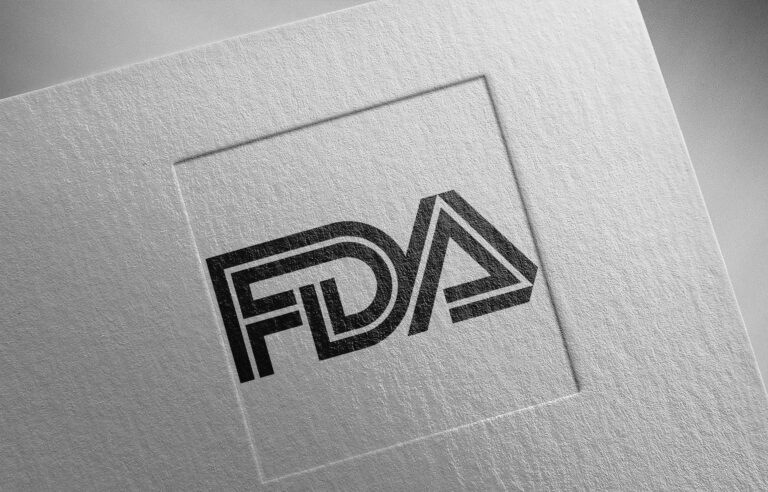
FDA-Regulated Industries On Edge: What Could the Downstream Impacts From US Supreme Court’s Chevron Decision Be?
The United States Supreme Court decision [MOU1] to overturn Chevron v. Natural Resources Defense Counsel has sent shockwaves through the regulatory landscape, with far-reaching implications for industries across the board. In particular, FDA-regulated industries are now likely bracing for potential downstream effects as they navigate the new regulatory environment in the wake of this landmark ruling.
Chevron deference, a legal doctrine established by the Supreme Court in 1984, dictates that courts should defer to an agency’s reasonable interpretation of ambiguous statutes. This deference has played a significant role in shaping the regulatory landscape, giving agencies like the U.S. Food and Drug Administration’s (FDA) broad authority in interpreting and implementing statutory regulations passed by Congress. Chevron deference had been used to allow other agencies to change interpretations between Presidents, with courts still granting deference to the policy reversal every four years. However, with the recent decision to overturn Chevron, the balance of power between agencies and the judiciary shifted, raising questions about how the FDA’s authority may be impacted.
One potential downstream effect of this ruling is increased uncertainty for FDA-regulated industries. Without the safety net of Chevron deference, companies may find themselves in a more precarious position when it comes to regulatory compliance. What Chevron provided to FDA-regulated industries was certainty. When FDA announced new rules or interpretations, Chevron meant that legal challenges were difficult and FDA’s interpretation was almost certain to stand. Chevron essentially left the FDA as the arbiter of its own regulatory regime. With Chevron being overturned,FDA’s interpretations of statutes and regulations may now be subject to closer scrutiny by the courts, leading to potential challenges and delays regarding new product approval processes. This uncertainty could have a chilling effect on innovation, as companies may be hesitant to invest in research and development without a clear understanding of how their products will be regulated.
Another potential downstream effect of the Supreme Court’s decision is increased litigation and legal challenges associated with several FDA-regulated industries. With Chevron deference no longer serving as a powerful incentive against pursuing judicial review, companies may face a higher risk of lawsuits challenging FDA’s regulatory decisions. This could lead to costly legal battles and further delays in bringing products to market, creating additional hurdles for companies operating in FDA-regulated industries.
Moreover, the overturning of Chevron could also impact FDA’s ability to adapt to new and emerging technologies. In an increasingly fast-paced and innovative industry landscape, the FDA plays a crucial role in ensuring that new products meet safety and efficacy standards. However, without the deference previously afforded to its interpretations of regulations, FDA may face challenges in keeping pace with rapidly evolving technologies and scientific advancements. This could result in delays in the approval process for new products, hindering companies’ ability to bring innovative products to market in a timely manner.
In light of these potential downstream effects, FDA-regulated industries must be proactive in navigating the new regulatory landscape post-Chevron. Companies should prioritize compliance with FDA regulations, investing in robust quality control measures and staying abreast of any changes in the regulatory environment. Additionally, companies may need to bolster their legal and regulatory affairs teams to navigate potential legal challenges and ensure compliance with evolving regulatory standards.
Collaboration with industry stakeholders and regulatory agencies will also be key in adapting to the post-Chevron regulatory environment. By engaging in open dialogue with the FDA and other key players in the regulatory landscape, companies can stay informed about changes in regulations and work proactively to address any potential challenges that may arise. Building strong relationships with regulatory agencies and industry partners will be crucial in navigating the uncertainties brought about by the Supreme Court’s decision.
FDA-regulated entities should also consider investing further in Congressional lobbying. With the overruling of Chevron and a related Supreme Court doctrine called “major-questions doctrine,” more regulatory statutes will be read narrowly, limiting their regulatory reach or completely overruling regulations. Some regulations may be so important to interest groups that Congress decides to take up the issue. Regulated entities will want to ensure they have a seat at that table as well, if only to be better informed about future, regulatory changes.
Ultimately, the overturning of Chevron deference has the potential to significantly impact FDA-regulated industries, creating increased uncertainty, litigation, and challenges in navigating the regulatory landscape. Companies operating in these industries must be proactive in adapting to the new regulatory environment, prioritizing compliance, and fostering strong relationships with regulatory agencies and industry partners. By taking these steps, companies can position themselves to successfully navigate the changing regulatory landscape and continue to bring safe and innovative products to market.
With decades of legal experience, our firm has successfully counseled numerous US regulated industry startup companies and small to mid-size companies. We understand the unique challenges and opportunities facing businesses in these sectors and are dedicated to providing sophisticated, fit-for-purpose, legal services to help them thrive. If you are looking for a trusted partner to guide you through legal matters, please do not hesitate to contact us. We are here to help you achieve your goals and navigate the complex regulatory landscape with confidence. Give us a call today to how we can assist your company.
[MOU1]Hyperlink to this:



